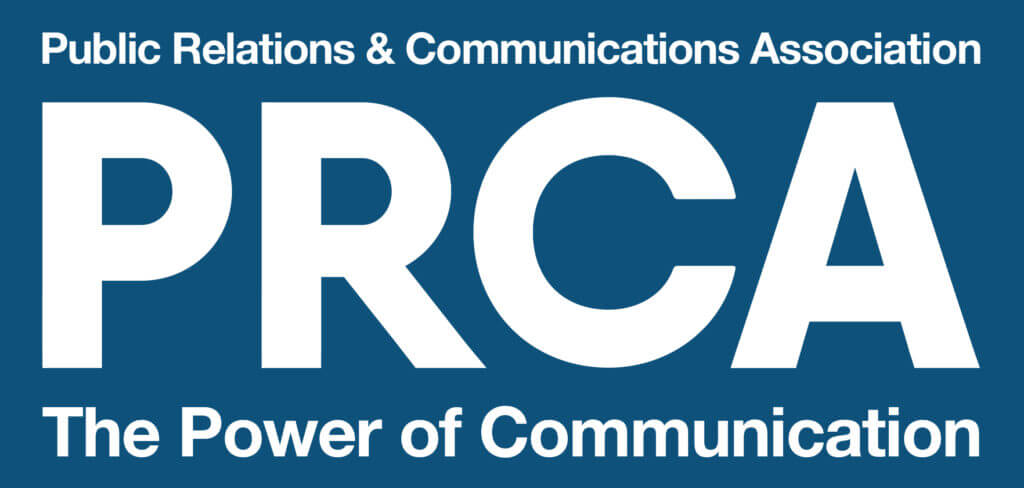No one likes clutter; it makes finding the important stuff that much more difficult. But based on the plethora of articles titled “10 tips to declutter your life” (or something equally intriguing that you’ll read but never implement), we all find it challenging to achieve a clutter-free life.
This same applies to the content clutter that fills up our inboxes. And while individuals might perform a periodic purge, as digital marketers we should be consistently spring cleaning our content and communication to better engage with clients and consumers.
I was reminded, at the recent Girl Geek Dinner in Cape Town, that this kind of content declutter is possible through marketing automation. Although sometimes seen as the lazy salesman’s tool, it can be a powerful and positive addition for both the marketer and the consumer when implemented smartly.
Gone are the days when mass produced communication yielded positive results; consumers are smarter and more discerning when it comes to the content they engage with, and we need to adapt.
The good news is that the tools to implement effective marketing automation are no longer just for big enterprises. They have become increasingly accessible to SMEs and even startups, with options that are now available locally and priced in rands (an important requirement considering the current dollar exchange rate).
But what does marketing automation offer?
For the business owner, it’s an effective (both in time and cost) method of interacting with potential customers. It helps get to those magic 7-8 touch points that lead to a successful sale, and provides a simple way of reaching out to the individual within the first hour of interest which increases the chance of conversion by 7%.
While the thought of automation typically elicits a fear in the hearts of many of the robot apocalypse, marketing automation can be likened to a friendly robot (think Wall-E rather than the Terminator). It clears the mess and clutter; it doesn’t create it. It automates simple tasks and links disparate systems without removing the need for the human element. It also means reporting, and therefore showing measurable ROI, is possible and credible.
But perhaps most importantly, marketing automation means that the individual on the other end receives something that they want to see. They are spared the unnecessary clutter and are only exposed to information and content that is of interest to them and in a way that makes sense to them.
These elements come together to create the holy grail of marketing: Sending the right message to the right person at the right time.
This is often easier said than done, but marketing automation can help us (the technologically enabled marketers) get as close to reaching marketing nirvana as possible.


